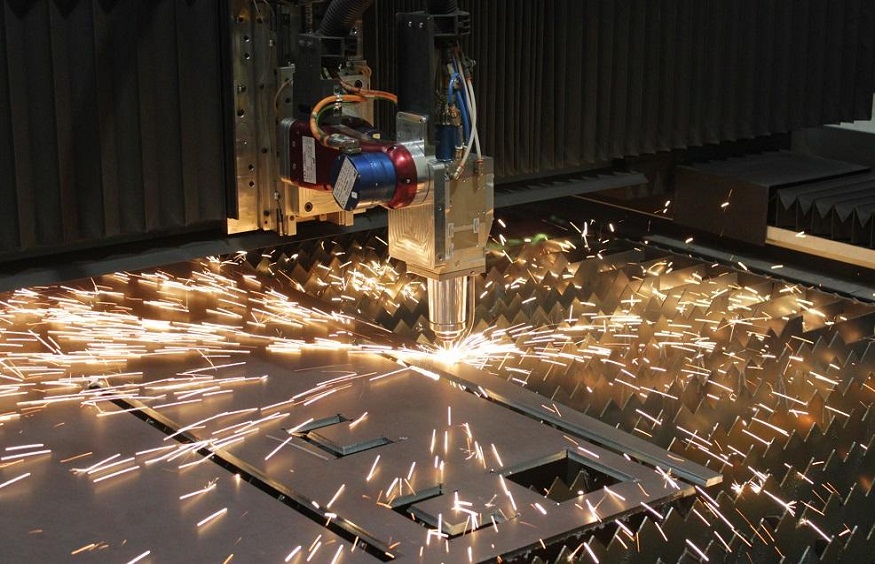Steel plates play a vital role in the performance and durability of industrial equipment across sectors. These plates of steel provide structural integrity, enhance wear resistance, and contribute to the overall safety and efficiency of machinery used in heavy industries like construction, mining, and manufacturing. The importance of high-quality output from steel plate manufacturers are especially crucial in India, where rapid industrialization demands materials that can withstand extreme conditions and rigorous use.
In this context, the role of steel companies in India such as AM/NS India becomes significant. We are responsible for producing heavy duty steel plates that meet the stringent quality standards necessary for modern industrial applications.
The Role of Steel Plates in Industrial Equipment
Steel plates are used in a variety of industrial applications due to their versatility, strength, and resistance to both wear and corrosion. These plates are employed in the construction of equipment like excavators, bulldozers, cranes, and heavy machinery in industries such as oil and gas, automotive, and shipping. The durability and performance of this equipment often depend on the quality of steel plates used in their manufacturing.
Key Features of Heavy Duty Steel Plates
Strength and Durability: Heavy duty steel plates offer exceptional strength, which is necessary for equipment that operates in high-pressure environments. For instance, plates used in oil rigs or mining machinery must endure substantial stress and pressure without deforming or cracking. These heavy duty steel plates are engineered to provide maximum tensile strength, ensuring the longevity and reliability of industrial equipment.
Wear Resistance: One of the primary reasons steel companies in India focus on developing advanced steel plates is their ability to resist wear and tear. In industries like mining, where machinery is constantly exposed to abrasive materials, steel plates must withstand prolonged use without showing significant signs of wear. High-wear resistance in plates minimizes downtime due to equipment failure, thus improving productivity and reducing maintenance costs.
Corrosion Resistance: Corrosion can significantly affect the performance and lifespan of industrial equipment. Plates of steel used in marine or chemical industries are often exposed to corrosive substances. Therefore, steel plates with enhanced corrosion-resistant properties are essential to maintain the integrity of equipment in such environments. This resistance to rust and corrosion is one of the reasons why industries rely heavily on specialized steel companies in India to supply plates that can endure harsh conditions.
Applications of Steel Plates in Various Industries
Construction and Infrastructure: Steel plates are fundamental in the construction of bridges, buildings, and other infrastructure. They provide the necessary load-bearing capacity and structural support for large-scale projects. The quality of steel used can make a significant difference in the safety and longevity of these constructions.
Mining and Heavy Machinery: Mining equipment often faces extreme operational conditions, including high impact and exposure to abrasive materials. Steel plates in this sector must be both tough and resilient to ensure the machinery functions optimally over extended periods.
Automotive and Shipping: The automotive and shipping industries utilize heavy duty steel plates in the production of vehicle frames, ship hulls, and other components. These plates contribute to the overall durability and performance of vehicles and vessels that must operate under harsh environmental conditions.
Conclusion
Steel plates are an integral part of heavy industrial equipment, enhancing their performance, durability, and safety. From the construction of large-scale infrastructure to the manufacturing of mining and automotive machinery, the quality of heavy duty steel plates directly influences the efficiency and reliability of industrial operations. AM/NS India leading the charge in producing high-grade steel, and industries can continue to rely on these essential materials for their most demanding applications.




